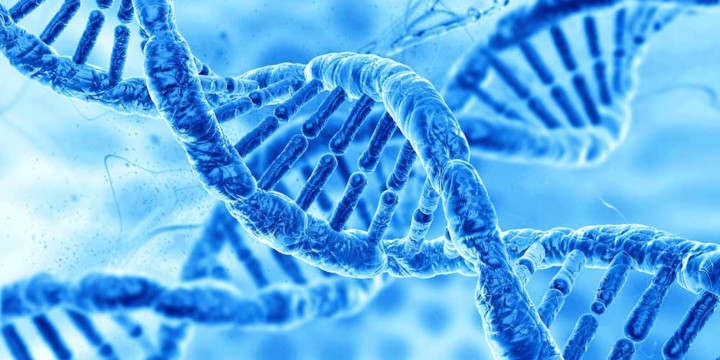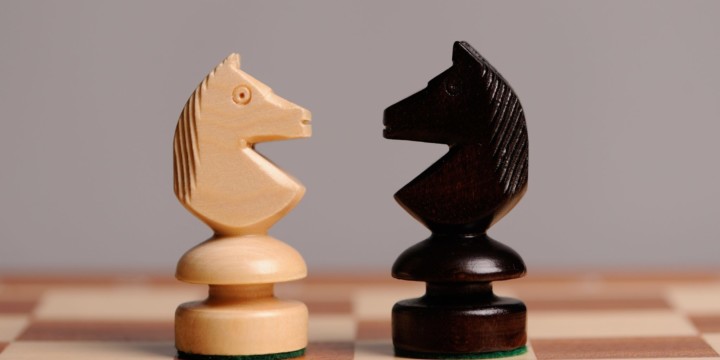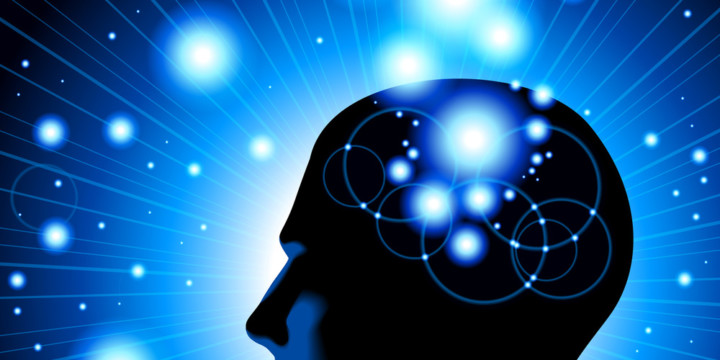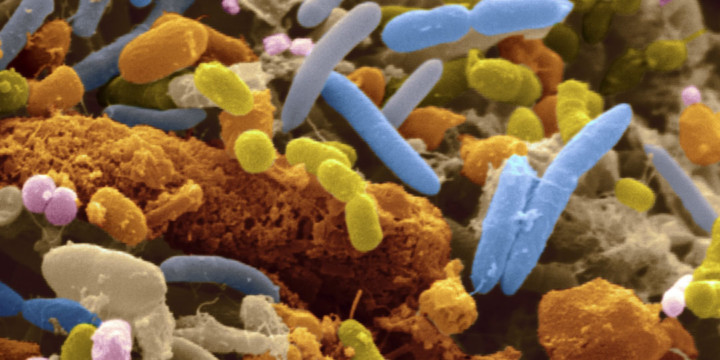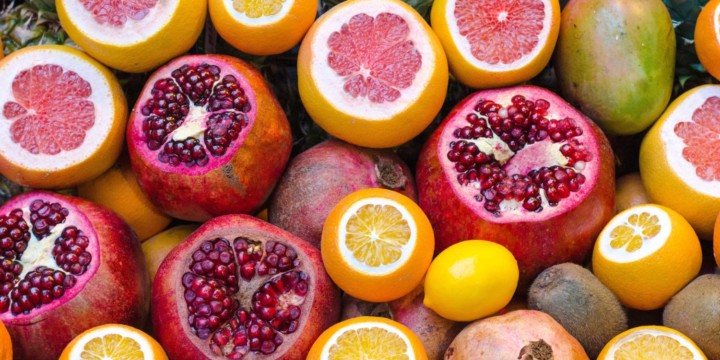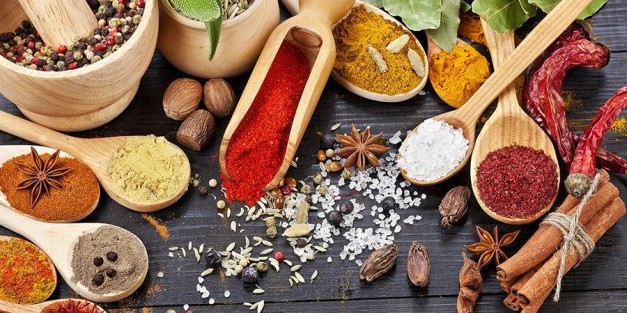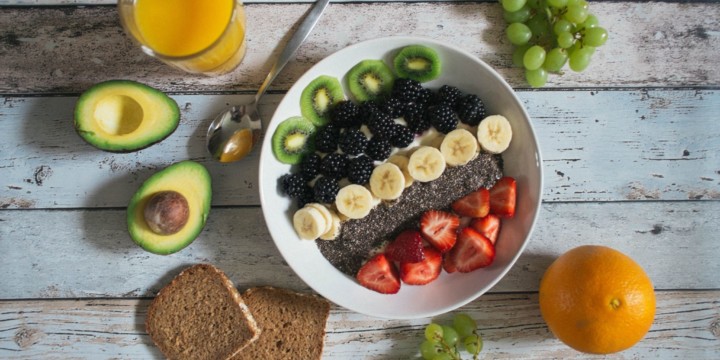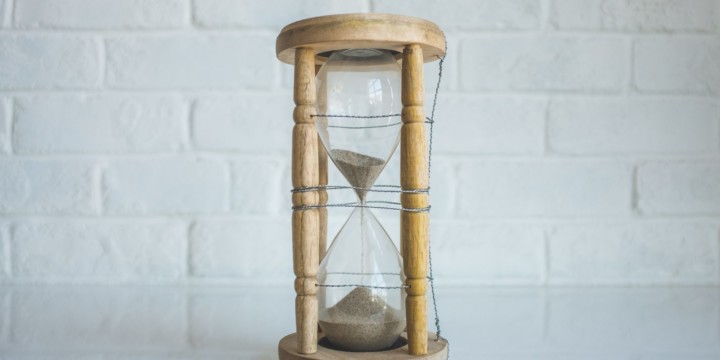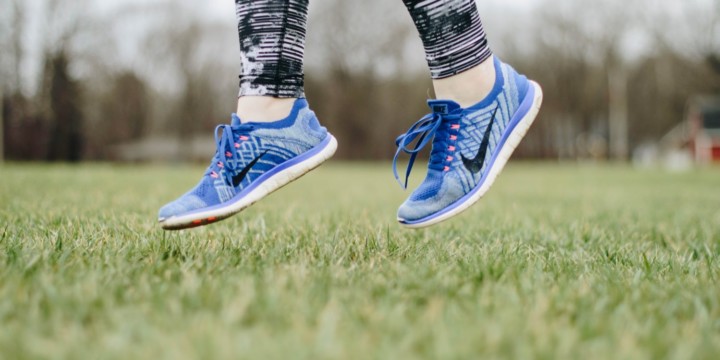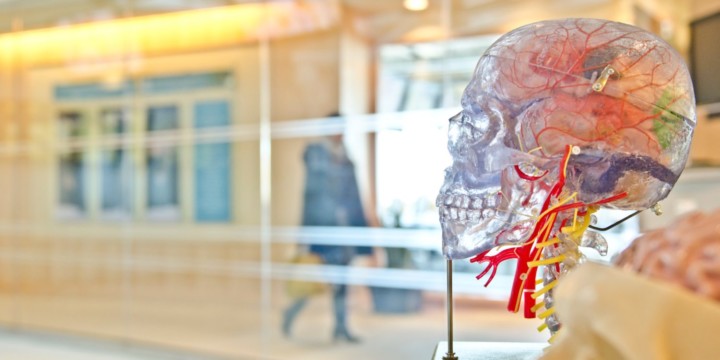Physiology of Parkinson’s Disease
Parkinson’s disease is a progressive neurodegenerative disease that worsens over time. It is caused by degeneration of dopamine neurons in the brain. Dopamine neurons make signaling chemical called dopamine, which is really important for allowing us to make normal body movements. Lack of dopamine causes loss of balance, slow movements, and stiff and inflexible muscles.
Symptoms
- Impaired balance and body movements
- Stiff and inflexible muscles
- Tremors and Shakiness
- Slurring of speech
- Writing Problem
- Loss of sense of smell
- Insomnia
- Loss of memory
- Depression
Causes
Degeneration of Dopamine neurons causes Parkinson’s. The exact cause of loss of these neurons is not known. In 15 percent of cases family history of gene mutation in one or more genes has shown to have caused Parkinson’s. Environmental factors such as pesticides, vehicular and industrial pollution may also increase the risk of the disease. Age and gender are other risk factors as it is known to predominantly occur in males above 60 years of age. Also, it is believed that oxidative stress can cause Parkinson’s disease. Oxidation is a process in which free radicals (unstable molecules lacking one electron), in an attempt to replace the missing electron, react with other molecules (such as iron).
Parkinson’s can also occur as a side effect of certain drugs, as a result of other progressive brain conditions and cerebrovascular disease.
Treatment in Allopathy
Parkinson’s disease cannot be cured but treatments are there to relieve the symptoms such as physiotherapy, speech and language therapy, medication by way of providing L-DOPA, a precursor of dopamine, diet changes and in some cases even surgical procedures such as deep brain stimulation.
Parkinson’s and Ayurveda
Parkinson is recognized as Kampa Vata (trembling wind) in Ayurveda. As the name suggests the disease is caused by the imbalance of Vata Dosha. The upward moving Vata causes the drying up the parts of the brain and reflects extreme vitiation of Vata. It is generally seen that persons suffering from Parkinson’s also have weak digestive system and accumulation of toxins at gastrointestinal and cellular levels.
Treatment in Ayurveda
The Ayurveda treatment centers around controlling the symptoms, arresting the further progression of the disease by use of herbs that slow and prevent loss of dopamine neurons and detoxification to lower the burden of toxins on the body and to prevent further destruction of nerve cells.
Detox and Panchakarma
The treatment of Parkinson’s disease focuses around controlling the catabolic effect of excess Vata in the body. First, a mild detox is carried out to get rid of ama or toxins out of the body.
Since Vata is dry and cold oleation and fomentation are two fundamental treatments. Massages, enema with medicated oils and ingestion of oil medicated with Ashwagandha, and Bala are used to pacify Vata. Mild laxatives such as psyllium and triphala are also used.
Diet
A Vata pacifying diet is prescribed that contain moist, warm and unctuous food. Warm cooked food, fresh vegetables and fruits, nuts seeds and essential fatty acids should form part of the regular diet. Refined, processed and food laden with preservatives should be totally avoided.
Herbs
There are many herbs that are effective in controlling tremors and strengthening the central nervous system. Ashwagandha(Withania somnifera), Bala (Sida cordifolia), licorice (Glycyrrhiza glabra) and atmagupta (Mucuna pruriens) are some of the herbs used in the treatment. Nervines or brain tonics like Jatamansi (Nardostachys jatamansi) and Shankhpushpi (Convolvulus pluricauslis) are used to calm the mind and body.
Yoga and Meditation
Mild yogic exercises and pranayamas like Anulom-Vilom and brahmari are highly recommended. Meditation is another powerful way to bring the balance in the body.
Parkinson’s and Naturopathy
Naturopathy follows an integrative approach while handling Parkinson’s disease. Its goal is to control symptoms, slow down the progression of the disease and lower the burden of toxins on the body.
Treatment in Naturopathy
The treatment includes detoxification of the body through fasting, enema, hydrotherapy, and massages. A juice fast for a week or so creates a right setting for the expulsion of toxins out of the body. Enema using medicated herbs is given daily for some time. Once the juice fast is over, a fruit diet can start. Pear, peach, papaya, grapes, pineapple, orange, and apple may be consumed in this diet. After some time the person is put on a well-balanced vegetarian diet.
Diet
Diet is central in the treatment of Parkinson’s. A diet that does not strain the digestive system is recommended containing low proteins, sprouts, nuts seeds, raw vegetables, and fruits. The green leafy vegetables are especially beneficial. All processed, refined food and sugar are prohibited. Also, include food rich in Vitamin E such as almond, spinach, sweet potato, avocado, wheat germ and butternut squash.
Exercise, Yoga, and meditation
Mild balancing exercises in Yoga and Tai-chi are beneficial in controlling the motor imbalances. Mediation further helps in calming the mind and body.
Acupuncture
Acupuncture is also used in naturopathy to relieve symptoms of Parkinson’s disease. Many studies have shown that acupuncture can reduce pain, anxiety, improve balance and gait.

